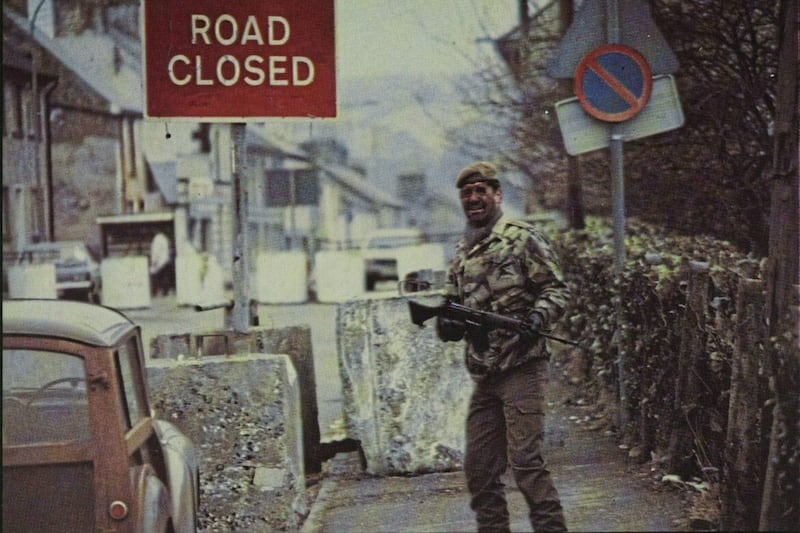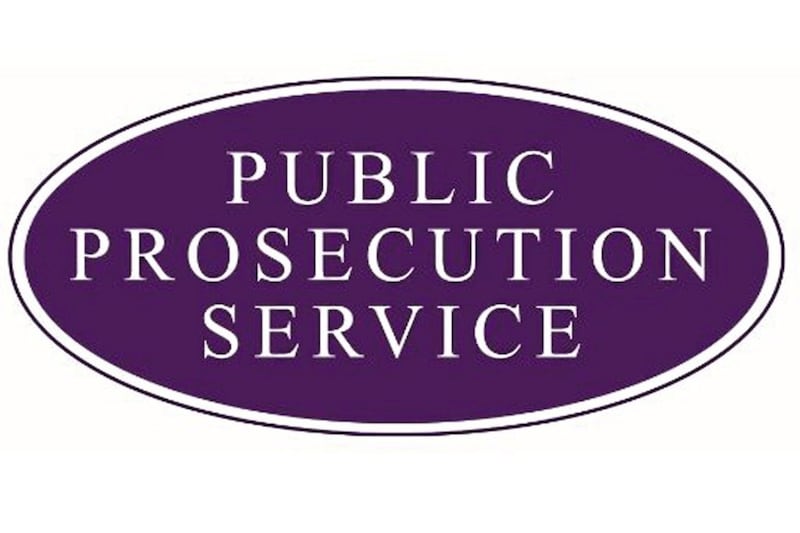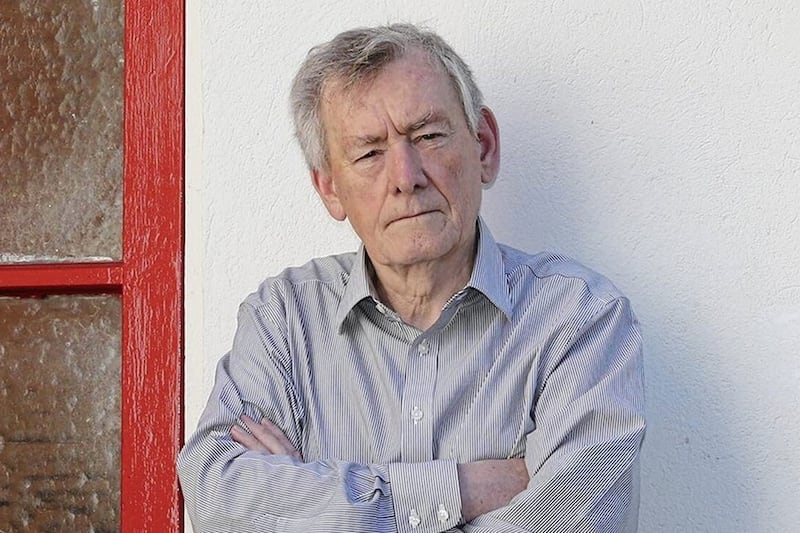PART of our coverage of yesterday's marches in Belfast to call for the implementation of legacy investigation arrangements includes a poster carried by someone in the crowd with the image and name of nine-year-old Patrick Rooney.
On August 14 1969 the young boy was shot dead in his own home in the Divis area of Belfast when many areas of the city erupted in violence in what would be recognised as the start of what came to be known as The Troubles.
Patrick Rooney was the first child to die in the long years of civil unrest. He was not to be the last and like Patrick's death, while the circumstances of the vast majority of those tragedies were common knowledge, usually within hours of them occurring, many of them were not investigated, even through an inquest.
It is astounding and outrageous that so many families are still waiting to have a definitive account of how their loved ones died even after the passage of almost 40 years in some cases.
What makes this situation even more unacceptable is that, unlike many of the points of confrontation which continue to divide our community, what has come to be known as 'the legacy issue' affects the whole community. There have been attempts to solve the issue down through the decades, right up until the present time, when Sinn Féin claimed it had a side agreement with the British government to provide funding to let inquiries be progressed.
It seemed that the matter would have had a reasonable chance of finally being resolved as hopes grew of an overall agreement between the political parties in the attempt to restore the power-sharing government in Stormont. Those hopes were dashed when the DUP decided it could not sign up to the deal because of the proposed Irish Language Act.
It is unclear just how far side negotiations between the British government and Sinn Féin on legacy matters had progressed although the republican party insist that it had secured what it thought was a binding deal to provide funding.
While the DUP seem more focused on attempting to have direct rule imposed and almost everybody else who signed up to the Good Friday Agreement is calling for the return of the power-sharing government at Stormont, it would seem to leave the victims and relatives of victims once again in a very uncertain situation.
It is of the utmost importance that the suffering of such a large section of the population is acknowledged with proper inquiries into the many deaths and injuries suffered. Their suffering should not be allowed to go.







